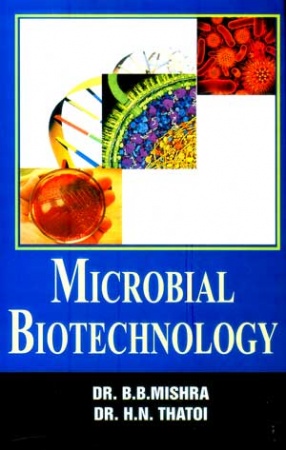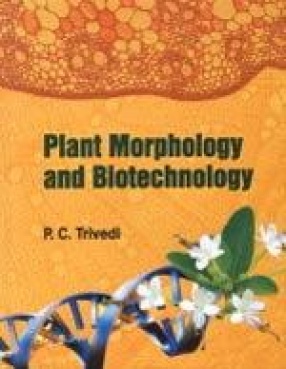Although microbes are tiny organisms, yet they possess tremendous metabolic capabilities and can survive in wide range of habitats starting from moderate conditions to extreme environment where no other organisms can survive. Man has exploited this metabolic wealth of microbes since time immemorial. Bestowed with the remarkable inherent physiological and functional diversity, microbes have found applications in agriculture, industry, medicine and abetment of environmental pollution. They are easily manipulated sources of value added products like drugs, therapeutic proteins, antibiotics, vaccines and diagnostic tools. In the modern era, microbes are the fundamental element to biotechnology.
The role of microbes in biotechnology is much broader than has been discussed here. With time their importance and biotechnological potential are being continually discovered. Without microbes biotechnology would not have advanced as it is, nor it would have been included in such broad range of applications. Plant growth promoters, probiotics and microbial enzymes as therapeutants are a line of work that several researchers are pursuing with tangible results. Microorganisms are the maker sources of antimicrobial agents and produce wide range of other important medicinal compounds including enzymes, insecticides, vitamins, immunomodulators etc.
The production of energy from biomass, especially waste plant materials like wood chips or corn stalks, also benefits from biotechnology. Microorganisms can produce enzymes that degrade the plant materials, making them useful in energy production. When we peruse the trends, it is clear that biodegradation a bioremediation are gaining importance in the context of holistic environmental management. Biofertilisers is yet one of the beneficial role that microbes play in agriculture. Microbes play increasingly important roles in commercial mining operations, where they are used in the “bioleaching” of ores of copper, uranium and gold.






There are no reviews yet.